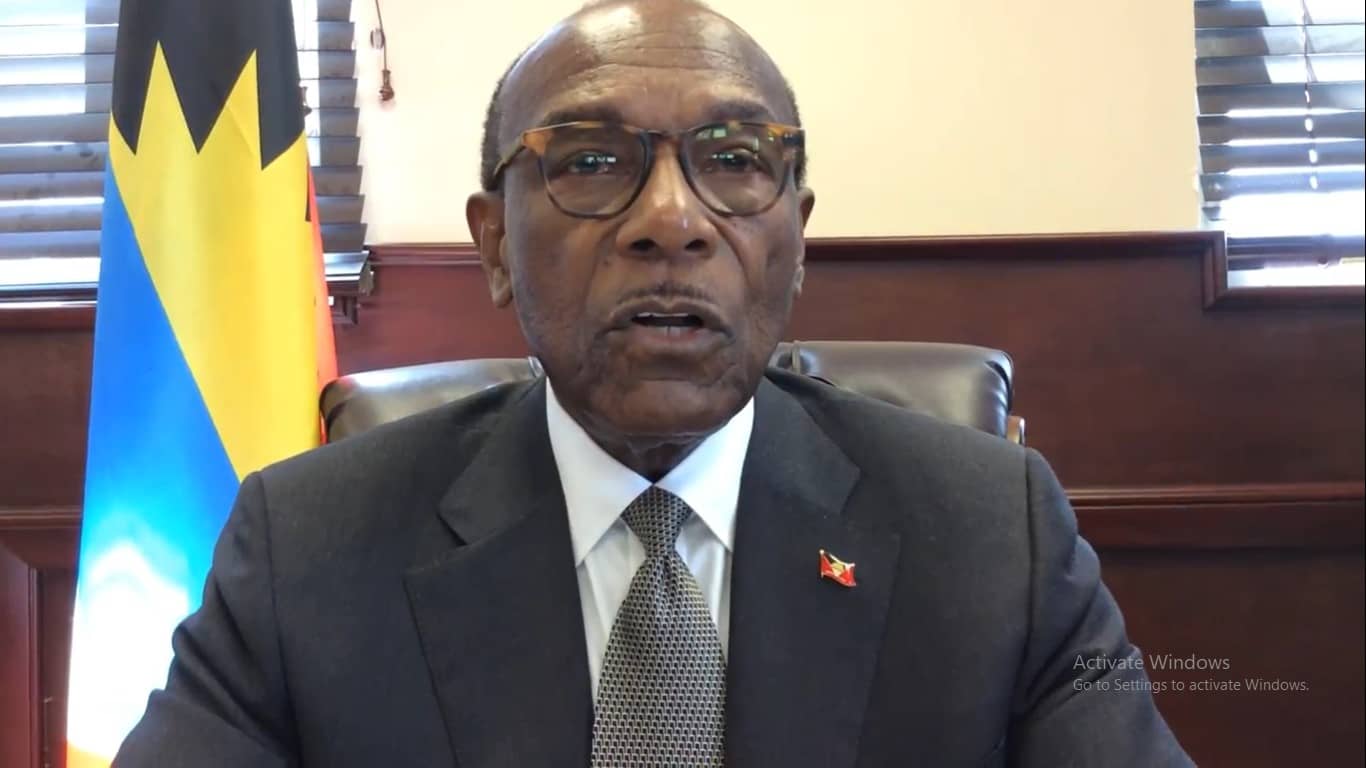
|
Advertise with the mоѕt vіѕіtеd nеwѕ ѕіtе іn Antigua!
We offer fully customizable and flexible digital marketing packages.
Contact us at [email protected]

|
Advertise with the mоѕt vіѕіtеd nеwѕ ѕіtе іn Antigua!
We offer fully customizable and flexible digital marketing packages.
Contact us at [email protected]



To the Government if Antigua, I’m asking for a friend.
What is the plan to move forward !?! Covid isn’t going anywhere on any particular day!?! So do we keep looking for ways to keep the people locked up? If so, until when…. any particular day in sight !?! Because the numbers have been down to zero for many weeks then increased, then decreased, that’s just how it is and will be, because covid is here… not leaving… it’s something our world now has..: so HOW DO WE DEAL!?! Cause we can’t stay locked up forever… people will all start traveling and life will go on !?!
Will we continue To have people quarantined for 14 days… many countries have done away with this now that they are understanding covid.
Many countries have found safe ways to continue daily existence when In Antigua the banks, the financial backbone of our country, still do not have regular hours.
It seems like most of our resources are going into scaring the public, forcing the public into submission, threatening with fines and jail time just for simply their human existence.
Maybe Antigua leaders should themselves, find a source of education concerning the transmission of the covid 19 virus, the potency of the virus today, things to do once the virus is contracted, BecUse the fact is, IT IS A VIRUS. You can get it, survive and move on.
Once the leaders have this education, then maybe they can have zoom constituency meetings or physical constituency meetings over a few nights to educate the public. Following protocols of course.
This is just a thought. Since it seems like the leaders of the country are stuck back in March 2020, when so much progress has been made in studying the virus and how people can CONTINUE TO LIVE A HEALTHY AND SAFE NEW NORMAL LIFESTYLE.
Please let the people Of Antigua live A healthy and safe new normal life style void of the constant hysterics, fear, dictatorship behavior and threats being spewed every week by the government to lock up and fine people who are already under employed.
Antigua’s government insist on driving the fear of God into its citizens by threatening and keeping them isolated from normal life every week.
We already have God! What we need is efficient governance.
…. just asking for a friend … smh
U nah tired Copy n Paste?? Tell your friend to ask for them self.
I don’t find that you cannot accomplish anything you need to at this time.
Practically everyone is out and about.
Not to worry, COVID and Dengue a join forces to tek out whosoever they catch.
Comments are closed.